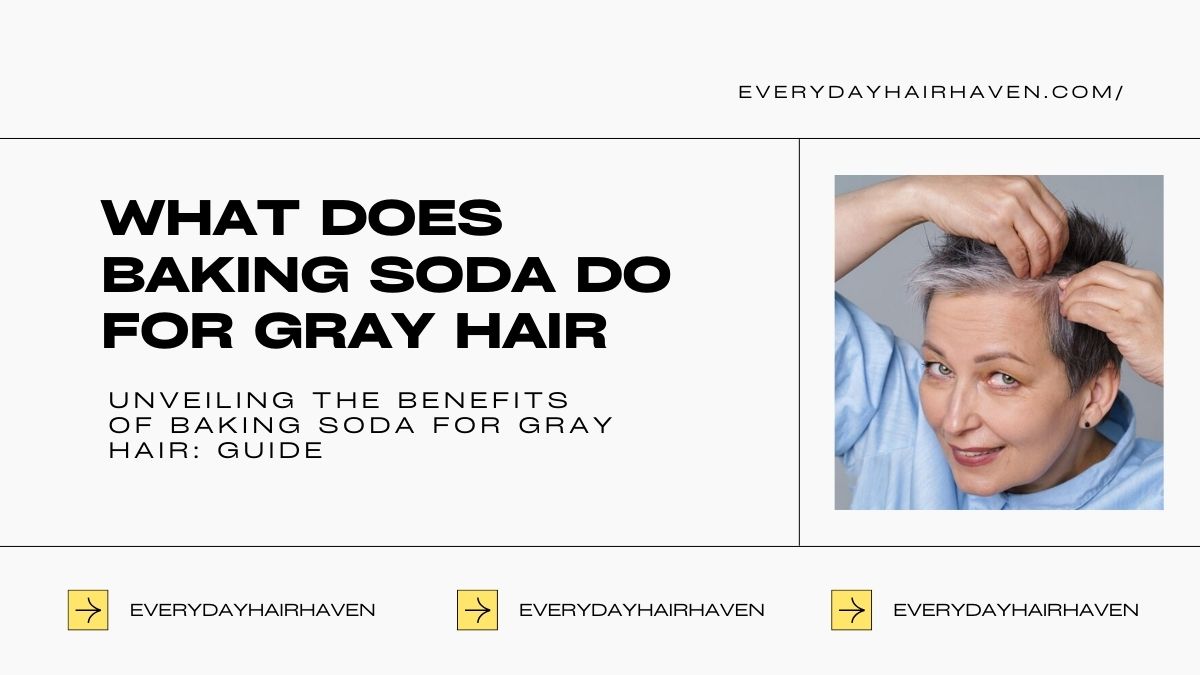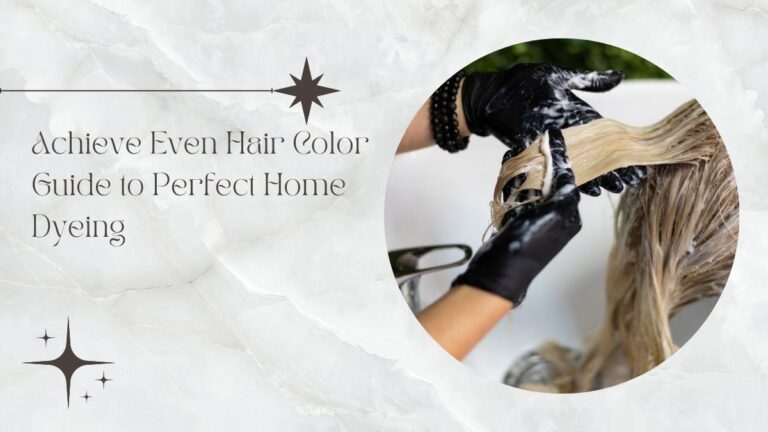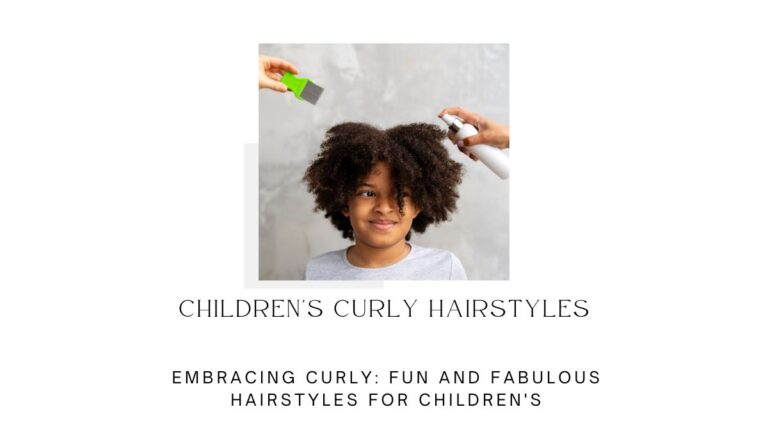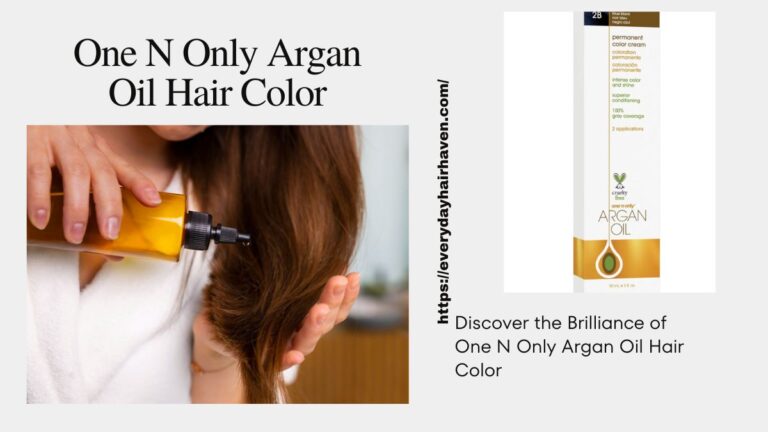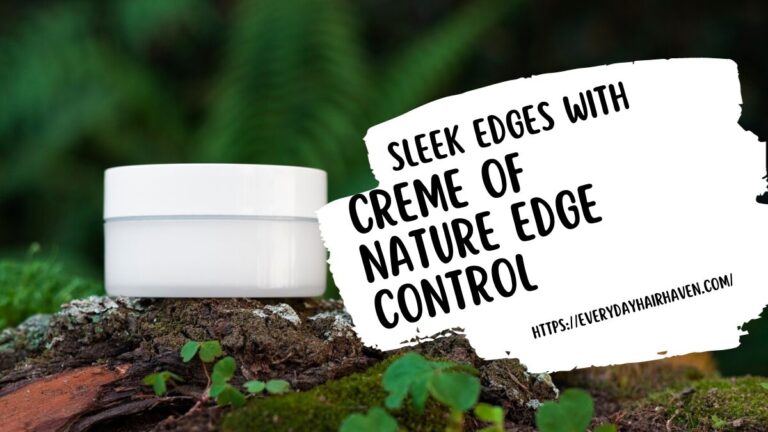Unveiling the Benefits of Baking Soda for Gray Hair: Guide
Welcome to our comprehensive guide on the benefits of using baking soda for gray hair. If you’re looking for natural solutions to enhance the appearance and health of your gray locks, you’ve come to the right place. In this article, we’ll delve into the clarifying properties of baking soda, and its potential brightening effects on gray hair, and provide practical tips for incorporating it into your hair care routine. Let’s unlock the secrets to healthy, vibrant gray hair with the power of baking soda.
Understanding Gray Hair
Overview of Gray Hair Causes
Gray hair is a natural part of the aging process and is primarily caused by a decrease in melanin production in the hair follicles. Genetics, age, and environmental factors such as stress and pollution can also contribute to the onset of gray hair. While gray hair is often considered a sign of wisdom and maturity, many individuals are interested in maintaining its appearance and vitality.
Read More: Deciphering the Differences: Locs vs. Dreads
Common Concerns Associated with Gray Hair
While gray hair can be a beautiful and distinguished feature, it can also come with its own set of challenges. Common concerns associated with gray hair include changes in texture, such as increased coarseness or brittleness, as well as yellowing over time. Additionally, gray hair may be more prone to dryness and frizz, requiring special care and attention to keep it looking its best.
Benefits of Baking Soda for Gray Hair
Clarifying Properties of Baking Soda
One of the key benefits of using baking soda for gray hair is its clarifying properties. Baking soda acts as a natural cleanser, helping to remove buildup, residue, and impurities from the hair and scalp. This can be particularly beneficial for individuals with gray hair, as it can help restore vibrancy and shine by eliminating dulling agents and product buildup.
Potential Brightening Effects
In addition to its clarifying properties, baking soda may also have brightening effects on gray hair. Over time, gray hair can develop a yellowish tint due to factors such as exposure to environmental pollutants and product buildup. Baking soda can help neutralize these yellow tones, leaving gray hair looking brighter, whiter, and more vibrant.
Gentle Exfoliating Properties
Another benefit of baking soda for gray hair is its gentle exfoliating properties. When applied to the scalp, baking soda can help remove dead skin cells, excess oil, and other impurities that may contribute to scalp buildup and inflammation. This can promote a healthier scalp environment and stimulate hair growth, leading to thicker, fuller hair over time.
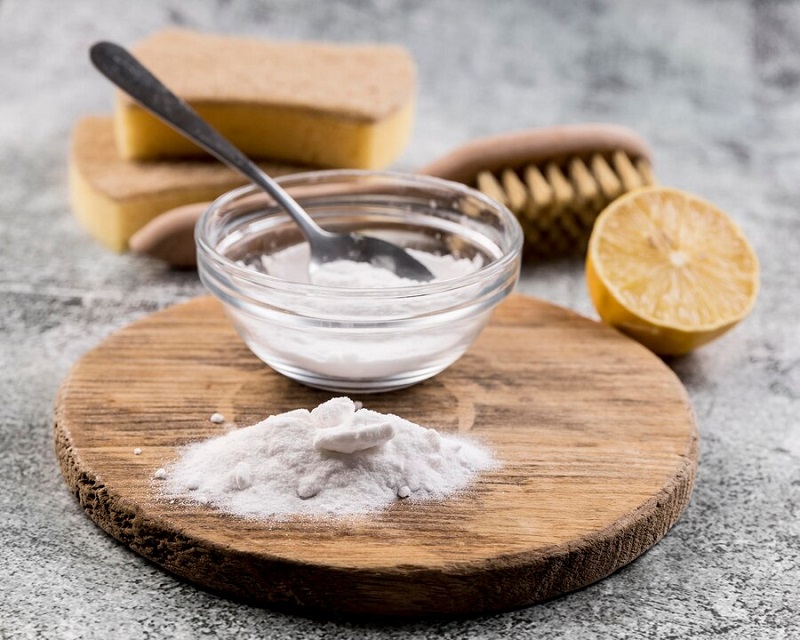
How to Use Baking Soda for Gray Hair
Step-by-Step Guide
To use baking soda for gray hair, start by mixing a small amount of baking soda with water to create a paste. Apply the paste to damp hair, focusing on the scalp and roots, and massage gently to distribute evenly. Allow the mixture to sit for a few minutes, then rinse thoroughly with warm water. Follow up with your regular shampoo and conditioner as needed.
Tips for Incorporating Baking Soda
When incorporating baking soda into your hair care routine, it’s essential to use it sparingly and avoid overuse, as it can be drying to the hair and scalp. Start by using baking soda as a clarifying treatment once or twice a month, gradually increasing or decreasing frequency based on your hair’s needs. Be sure to follow up with a moisturizing conditioner to restore hydration and prevent dryness.
Precautions and Potential Side Effects
While baking soda can be an effective natural remedy for gray hair, it’s essential to use it with caution and be mindful of potential side effects. Baking soda can be drying to the hair and scalp, so individuals with dry or sensitive skin may want to proceed with caution. Additionally, prolonged or frequent use of baking soda may disrupt the natural pH balance of the scalp, leading to irritation or damage.
Other Natural Remedies for Gray Hair
Alternative Natural Remedies
In addition to baking soda, several other natural remedies may help enhance the appearance and health of gray hair. Apple cider vinegar, for example, can help restore pH balance to the scalp and remove product buildup, while coconut oil can provide deep hydration and nourishment to dry, brittle hair. Henna is another popular natural remedy for gray hair, offering both color and conditioning benefits.
Comparison of Different Treatments
When choosing a natural remedy for gray hair, it’s essential to consider your individual needs and preferences. While baking soda may be effective for clarifying and brightening gray hair, other treatments such as apple cider vinegar or coconut oil may offer additional benefits such as hydration and conditioning. Experiment with different remedies to find what works best for your hair.
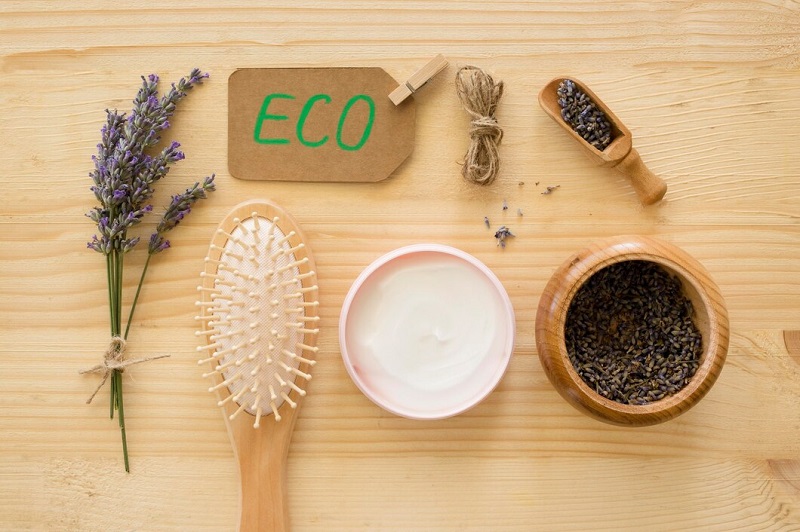
Tips for Selecting the Right Remedy
When selecting a natural remedy for gray hair, consider factors such as your hair type, texture, and any specific concerns you may have, such as dryness or frizz. Choose a remedy that addresses your unique needs and aligns with your hair care goals. Be patient and consistent in your approach, and remember that natural remedies may take time to show results.
Conclusion
In conclusion, baking soda offers numerous benefits for gray hair, including clarifying properties, potential brightening effects, and gentle exfoliation. By incorporating baking soda into your hair care routine, you can help restore vibrancy and shine to your gray locks while promoting a healthy scalp environment. Experiment with different natural remedies to find what works best for your hair, and enjoy the journey to healthy, vibrant gray hair.
Frequently Asked Questions
Baking soda can be drying to the hair and scalp, so individuals with color-treated hair may want to proceed with caution. It’s essential to use baking soda sparingly and avoid overuse to prevent damage or color fading. Consider conducting a patch test before using baking soda on color-treated hair to assess sensitivity.
It’s best to use baking soda as a clarifying treatment once or twice a month to prevent over-drying and maintain the natural pH balance of the scalp. Adjust the frequency based on your hair’s needs and be sure to follow up with a moisturizing conditioner to restore hydration and prevent dryness.
Yes, baking soda can be combined with other natural ingredients such as apple cider vinegar, coconut oil, or honey to create a hair mask. However, it’s essential to patch-test any new ingredients before applying them to your hair to assess compatibility and prevent adverse reactions.

